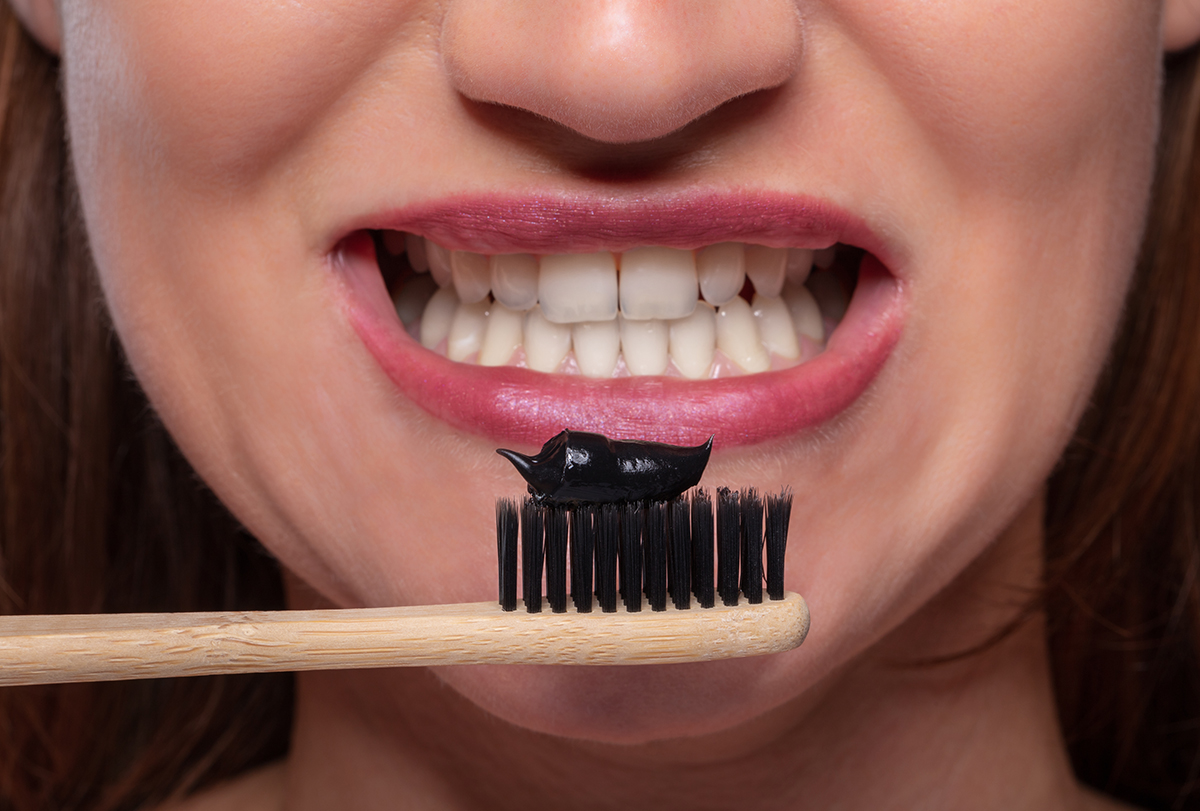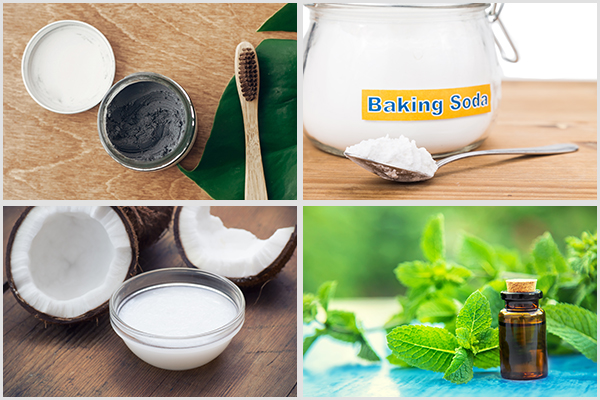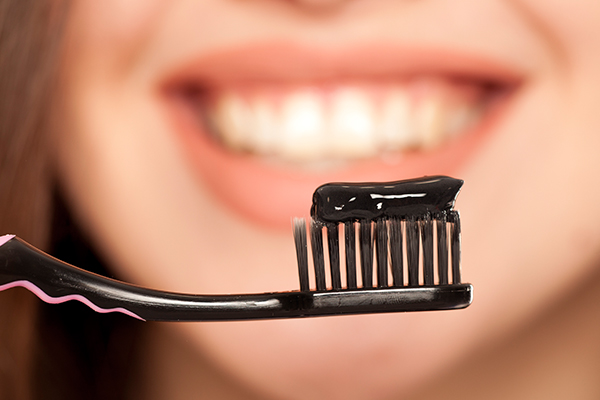In this article:
Activated charcoal is a product obtained from burning natural materials, such as coconut husk, wooden branches, or coal, at very high temperatures and then treating them with oxygen to oxidize them. This process creates pores, making activated charcoal much more absorbent than regular charcoal.

Activated charcoal is used to treat poisoning through ingestion via the mouth. The World Health Organization recommends activated charcoal on its List of Essential Medicines due to its effectiveness as an antidote. (1)
It is also used to treat and manage severe to life-threatening intoxication or alcohol consumption. (1)
Activated Charcoal and Oral Health
One of the more common household uses of activated charcoal is for brushing teeth with its claims of teeth-whitening abilities. It is believed its porous texture can absorb debris and coloring agents from the tooth surface and whiten the teeth in the process. (2)
However, toothpastes containing activated charcoal have been found to have less whitening ability than other kinds of toothpaste. Moreover, the activated charcoal powder is abrasive and can be harmful to the tooth enamel in the long run. (2)(3)
So why should you use activated charcoal as toothpaste?
Commercially available toothpastes containing activated charcoal have been found to have protective activities against gingivitis and caries. Furthermore, the abrasiveness of activated charcoal can remove surface stains from teeth. (4)
The good news is that you don’t have to spend a lot of money on activated charcoal toothpaste as you can simply make one at home with good-quality ingredients.
How to Make Your Own Activated Charcoal Toothpaste

Combine 1 tsp of activated charcoal powder, 1 tsp of baking soda, 1 tsp of coconut oil (add more if the consistency is too thick), and 1–2 drops of peppermint oil. You can scale this recipe and make a larger batch.
Baking soda is effective in cleaning the tooth of stains. Studies have also found toothpastes containing baking soda to be effective in reducing gum inflammation and plaque from teeth. (5)
Coconut oil is used for a technique called oil pulling, where a tablespoon of oil is swished around in the mouth for 3–5 minutes. Coconut oil has antimicrobial activity against bacteria that can cause gum diseases and dental caries. It can also reduce mouth odors. (6)
Though brushing teeth does not have the same effect as oil pulling, the coconut oil is still moved around the mouth during brushing, thus still providing some beneficial effects.
Peppermint oil contains bioactive compounds such as menthol, which is useful in treating bad breath, is a potent antibacterial and antifungal, and can remove biofilms that may be causing drug resistance. (7)
Precautions to Consider

- Since activated charcoal and baking soda are both abrasive, it is recommended that you do not use this toothpaste daily as it may damage the tooth enamel.
- Make sure you use a soft-bristled brush and use gentle motions to reduce the abrasiveness.
- If you have caps, crowns, or tooth fillers, consult your doctor before using this toothpaste.
Note: Please note that this article is only meant to educate and not endorse.
Is This Toothpaste Harmful if Swallowed?
The amount of homemade toothpaste you will use to brush is not going to be harmful since its ingredients are all natural. However, take care not to use more than a pea-sized amount to brush with.
Final Word
Making your own toothpaste can be cost effective and can also give you a sense of satisfaction knowing you are using good-quality natural ingredients.
Using the homemade activated charcoal toothpaste presented in this article may help remove surface stains to make your teeth clean and white.
- Was this article helpful?
- YES, THANKS!NOT REALLY


